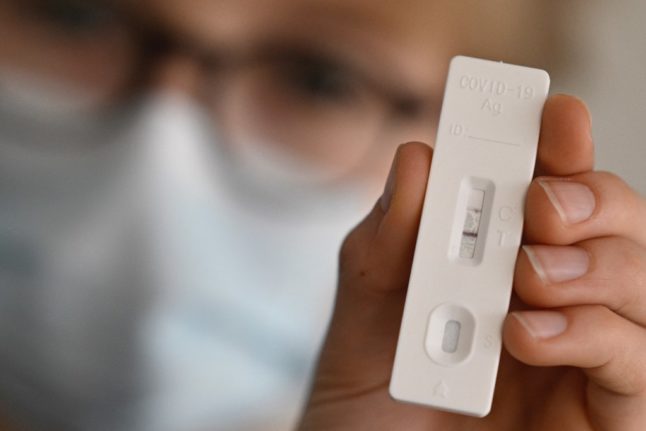EU chief Ursula von der Leyen has warned that the Omicron variant could be dominant in Europe by mid-January.
Many countries have decided to reintroduce travel restrictions and other containment measures since it was first detected in South Africa last month.
A scientific panel that advises the French government urged “significant restrictions” on new year festivities, and the capital announced “with regret” that it was cancelling all events on the Champs Elysees.
“The fireworks will not take place, nor unfortunately, will there be any DJ sets,” the Paris mayor’s office told AFP.
This came as new restrictions on travel between the UK and France came into effect in the early hours of Saturday morning.
After midnight French time, travellers need to show a compelling reason for travel between the two countries, under shock new rules announced on Thursday by France to combat the Omicron variant of Covid-19.
Throughout Europe, edgy governments are bringing back restrictions to fight the pandemic, which has killed at least 5,335,968 people since the outbreak emerged in China in December 2019.
A number of countries are opening up their immunisation drives to younger children, even though the EU’s health agency has warned that jabs alone will not be sufficient to stop the variant’s rise. Portugal began vaccinating the over-fives on Saturday, while Denmark started its vaccination drive of the younger age group in November.
French Health Minister Olivier Veran said the rollout of the vaccine against Covid-19 to children in France would begin on Wednesday.
“If all goes well, we will start vaccination of children on the afternoon of December 22nd in specially adapted centres,” he told France Inter radio on Saturday.
READ ALSO: LATEST: French gov to push for Vaccine pass to replace health pass



 Please whitelist us to continue reading.
Please whitelist us to continue reading.
Member comments